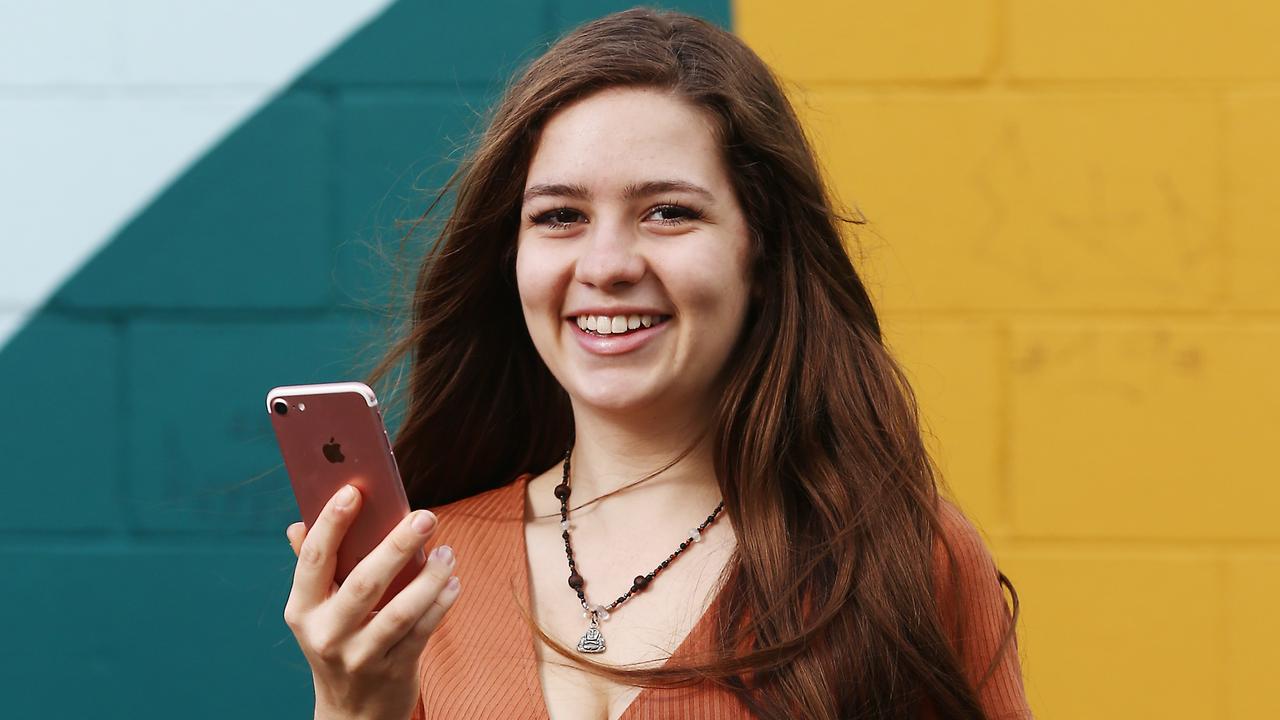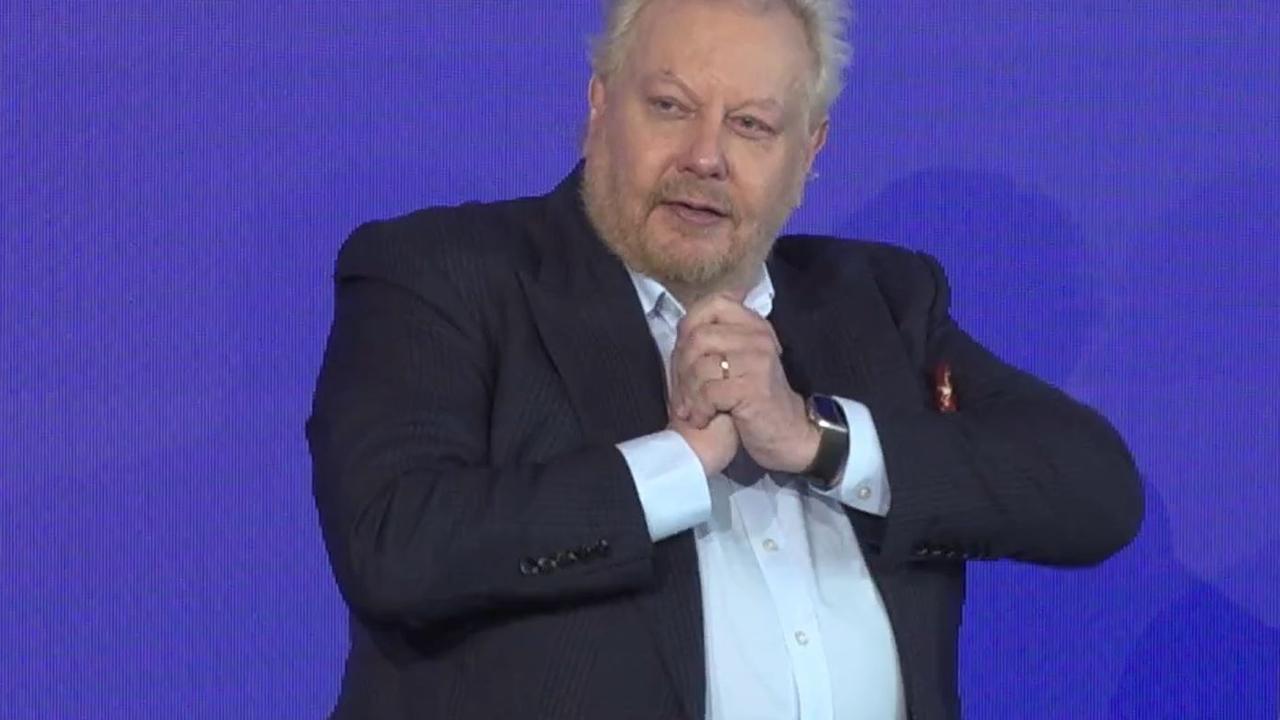Young tech entrepreneur deploys AI to crush plagiarism - and give artists more cash
Ward Williams, son of investment dealmaker David Williams, has raised $5m and launched two companies as he aims to fix one of the art world’s biggest issues.
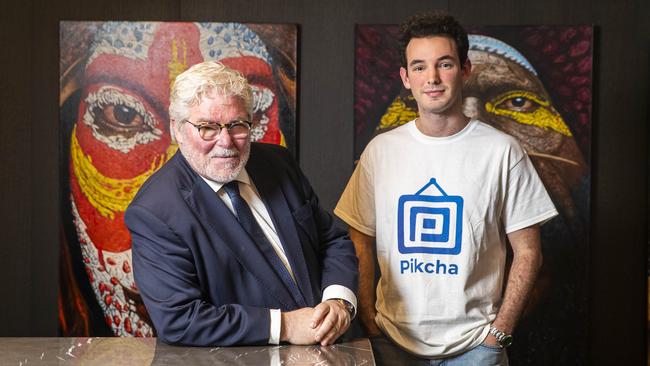
Jackson Pollock’s Blue Poles is expected to be everywhere in just under three years - on tote bags, T-shirts and smart TV screens - and the artist’s estate won’t make a cent out of it.
That’s the assessment of Ward Williams - the son of wealthy Melbourne dealmaker David William - who has launched a start-up, Seminal, to ensure fine artists can access the same copyright and royalty payments as their music recording counterparts.
In Pollock’s case, the American abstract painter died in August, 1956 after crashing his green Oldsmobile convertible into a tree after what is said to be a gin-infused afternoon. On the 70th anniversary of his death, his work will enter the public domain.
“You will see Blue Poles everywhere,” Williams says, referring to Pollock’s masterpiece that is housed in the National Gallery of Australia.
“They (Pollock’s estate) had all this time to monetise it and they missed it. Next year, Henri Matisse goes into the public domain, so McDonalds can put it on a Happy Meal.
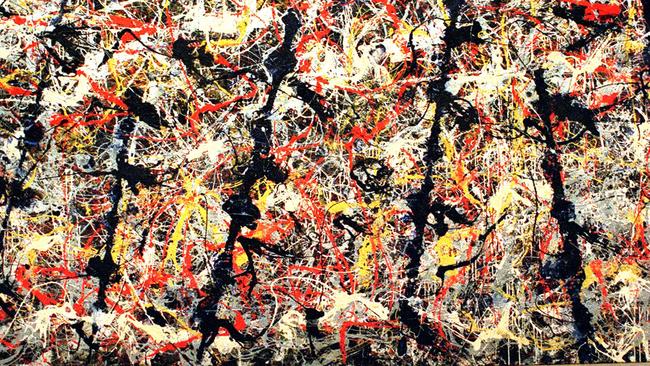
Stories of struggling artists have reverberated across centuries, with their work often fetching millions long after they died. That’s why Williams, who is 23-years-old and already has 52 staff globally, created Seminal.
Williams says the biggest problem with fine art is that it has been restricted to a physical object - traded through galleries and auctions. And despite some pieces fetching millions of dollars, being traded multiple times and generating handsome profits, the artist receives no further gains.
“This traditional structure fails to capture the value beyond the canvas, which can be licensed, or reproduced, to generate further revenue for the artists, galleries and estates.
“This neglected asset? Copyright. In our digital world intellectual property is more valuable than ever before, and it isn’t restricted to one location, it can be accessed from all around the world, where licenced, the rights can create significant returns for the owner.”
At Seminal, Williams has created a global copyright register to protect, licence and sell intellectual property. He has already struck deals with clothing and food companies, city councils and other organisations, with royalty cheques flowing to artists. He has also hired Warner Bros. Discovery’s former vice president of licensing Ian Woods.
It sounds simple, but creating such a register is also complex - in regard to its technology platform and also at its most fundamental level, ensuring an artist owns the copyright in the first place.
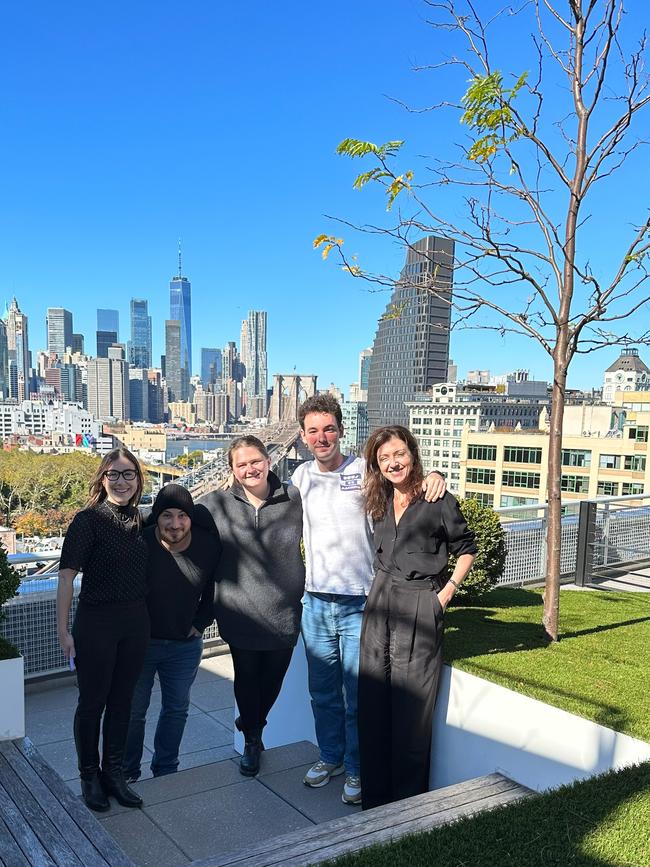
To this end, Williams – who has so far raised $5m in seed funding at Seminal – has deployed artificial intelligence to screen work to ensure it is original, or in his words, ‘not ripping off the Mona Lisa’.
“We use AI to essentially segment images and create composite images to test whether you are sampling other people’s work, in order to be able to make an assessment about whether you’ve developed a novel piece of copyright,” he said.
“This is so that you can earn royalties every time and it’s also to make sure that you’re not trying to claim, let’s say the Mona Lisa or an Andy Warhol. What we’re doing is we’re building the most intelligent copyright system by matching them with rights owners and the artists, ensuring that you’re not claiming other people’s works.
“So the idea is that in four months time, you’ll be using Canva and if you want to use an artwork, you’ll just take that from the Seminal’s copyright register. There’ll be attribution and more importantly, royalty paid out to the artists.”
The technology has potential broader applications with book publishers and recording labels also approaching Williams. Last year, the Miles Franklin – Australia’s most prestigious books prize – was forced to withdraw John Hughes’ novel The Dogs from its 2022 longlist after the apparent appropriation of passages from books including Anna Karenina, All Quiet on the Western Front, and The Great Gatsby.
Hughes’s publisher Terri-ann White said she had relied on trust to ensure the authors she worked with produced original work. “My impulse is always to stand by my author. Why otherwise would I enter into an agreement with them?” White said.
While Seminal stops plagiarism in its tracks, Williams says he is “taking one step at a time” regarding potential branching out from fine art.
“That’s the sort of stuff that we’re looking at long term to be able to accommodate. Right now, there is a famous example of Shepard Fairey who did the Obama ‘Hope’ posters. He took that from a photographer, and that’s the sort of thing that we are looking to pick up and identify.
“We can demonstrate the work has been derived from samples of an original work. And the idea is to then bring parties together to figure out a royalty deal in real time.
“We’ve seen this play out in the music industry already where Drake’s voice was sampled and his publishers scoured the internet trying to take that down after it went viral. Conversely, Elon Musk’s ex-wife (Grimes), her voice was sampled and it’s now being used in AI for new songs. But, intelligently, she has embraced it and said ‘you know what, how about it? Just pay me 50 per cent of the royalties, here’s my smart contract and you can send 50 per cent of the funds there.”





